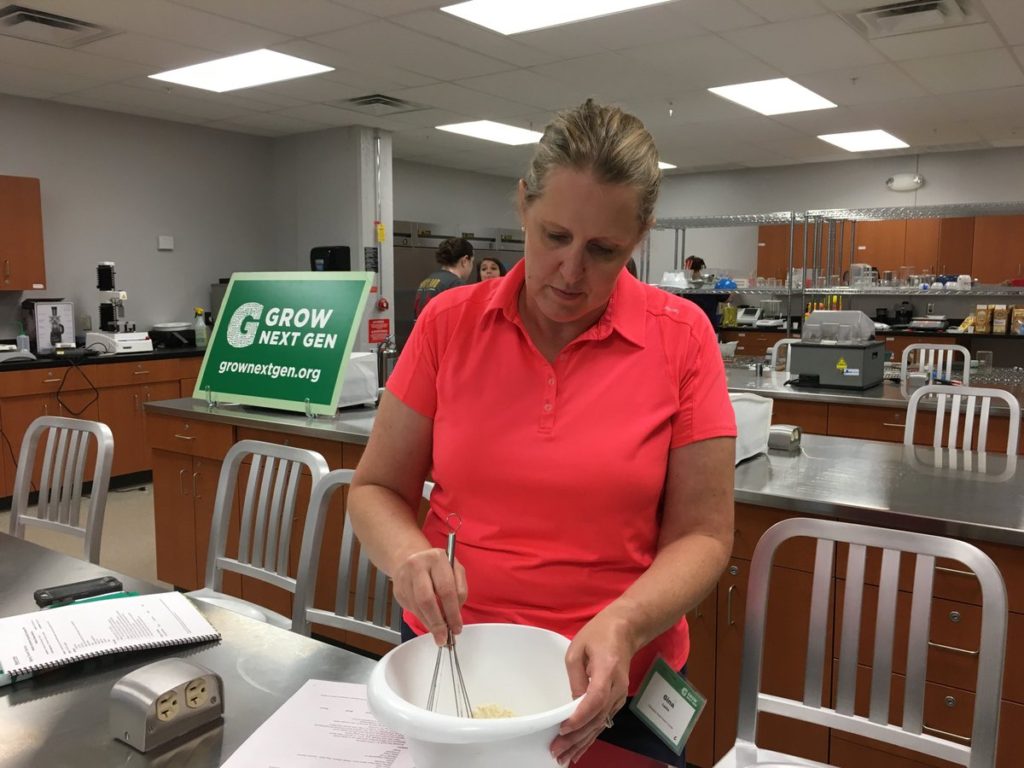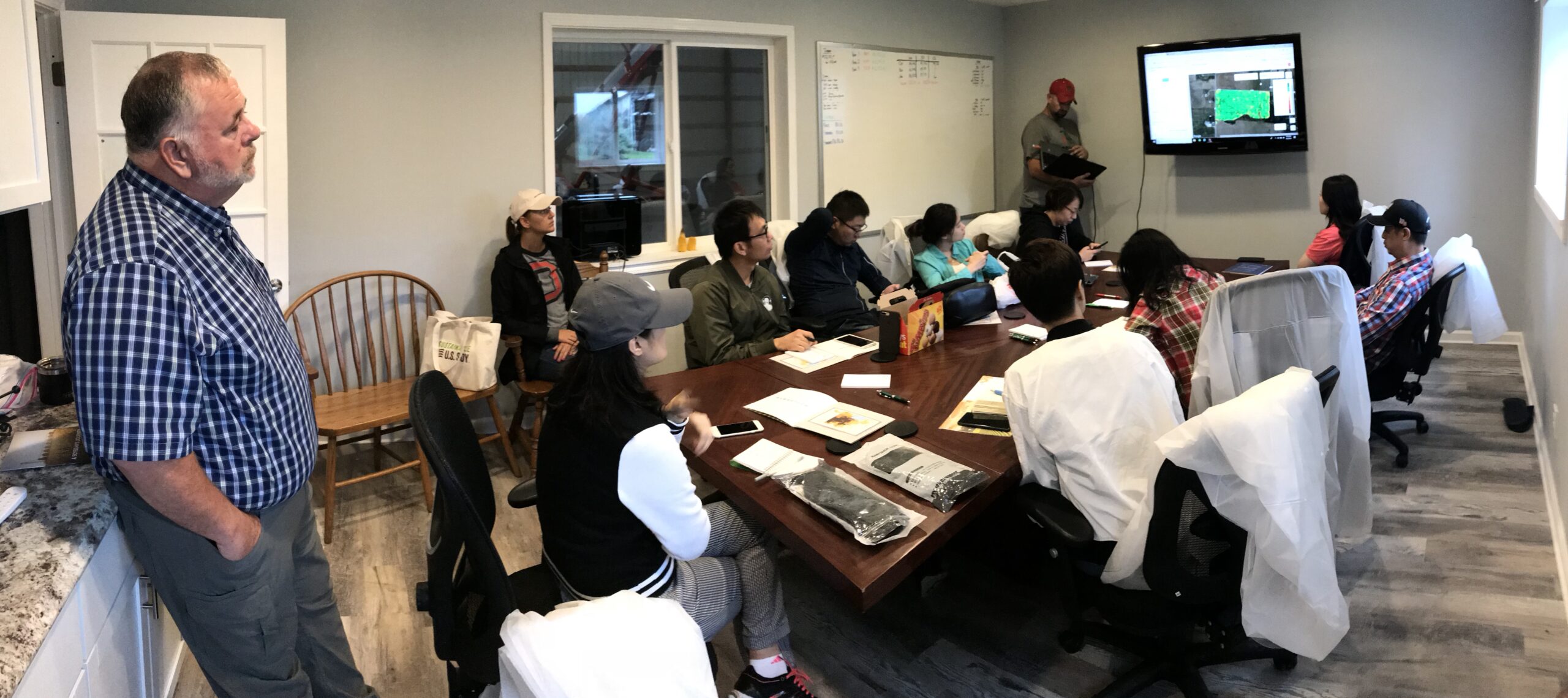Ag Biotech Academy 2018 Gets Positive Feedback
The Ag Biotech Academy program, funded by Pioneer and Ohio soybean farmers and their checkoff through the Ohio Soybean Council (OSC), offers a chance for teachers to learn about the latest seed research, examine the impact of environmental issues and sustainability, participate in biology and chemistry labs, and hear from industry experts. It helps to achieve OSC’s goal to educate the next generation about modern agriculture and increase trust and understanding of agriculture among Ohio teachers and students.
Ag Biotech Academy has been held every summer since 2011. This year’s program was held June 26-27 at the Global Impact STEM Academy in Springfield, Ohio.
This year, teachers had the opportunity to evaluate the workshop through surveys conducted by Education Evaluation Specialists Melinda Lloyd, Ed.D., and Kerry Dixon, Ph.D. from The Ohio State University. Based on their estimates, for the 41 educators who participated in this year’s program, nearly 4,600 students will learn about soybeans and Ohio farmers this school year. If teachers continue to use the curriculum they learned for the next ten years, that would mean a potential impact of 46,000 students from this Ag Biotech Academy class alone. That reach will extend beyond Ohio as well — teachers came from 23 different counties throughout the state of Ohio, one county in Illinois and one county in Maryland.
Overall, participants were pleased with their experience at Ag Biotech Academy, with 80 percent of them giving the total program a 5 out of 5, with 5 being the most favorable. “We’re really happy with the results of our evaluation,” said Tom Fontana, director of research and education at the Ohio Soybean Council. “We are using farmer and industry resources to fund this program, so we want to make sure this is a good investment of checkoff dollars.” Fontana stressed that Ag Biotech Academy helps teachers make the connection between science and agriculture inside the classroom.
“Farmers feel it’s important to educate young people about modern agriculture. Ag Biotech Academy is designed to do just that, while making sure teachers have access to the resources they need
to create trust and understanding of the industry,” he explained. And teachers do trust farmers — teacher participants gave an average score of 4.5 out of 5 when asked if they thought farmers prioritized issues like the environment, food safety and affordable food supplies.
Over the course of the workshop, teachers’ knowledge about biodiesel and food science increased the most, as did their comfort in teaching those topics. Teacher participants also intend to use the information they learned: for each of the topics included in the evaluation, teachers’ intention to teach those topics went up between the pre-workshop evaluations to the post-workshop evaluations.
“We plan to use the information and feedback from these evaluations to make the workshop even better and more useful for teachers,” Fontana said. “The better it is for teachers, the easier we can make educating the next generation about agriculture.”


